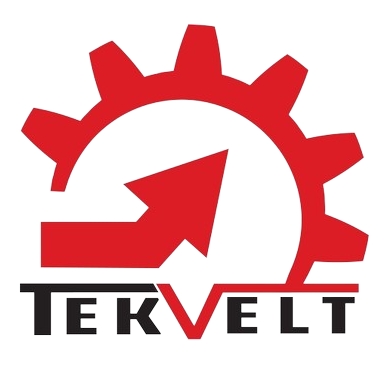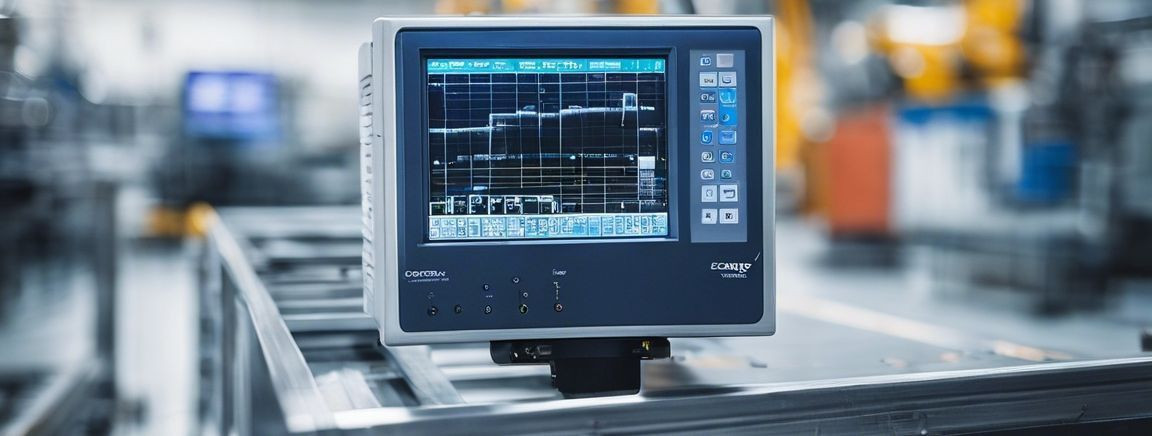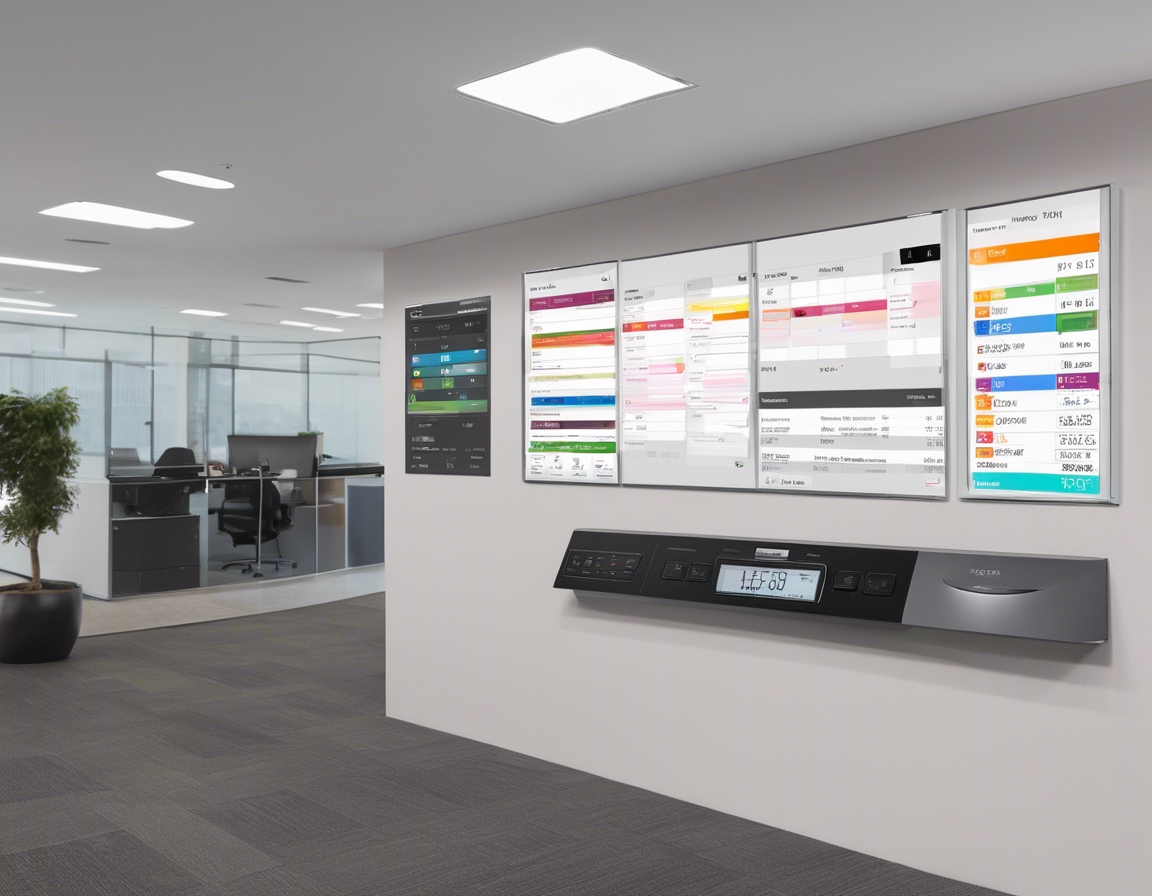Maximizing efficiency with time accounting systems
Time accounting systems are designed to track and analyze how employees spend their working hours, providing invaluable insights into productivity and operational efficiency. For businesses in the manufacturing, industrial, and construction sectors, where precision and reliability are paramount, these systems are not just a luxury but a necessity.
From manual punch cards to sophisticated software, time tracking has evolved to become a critical component of modern business management. Today's systems offer a level of detail and analysis that was previously unattainable, allowing for precise adjustments to workflows and resource allocation.
The Role of Time Accounting in Efficiency
Efficiency in the industrial sector is measured by the ability to maximize output while minimizing waste, whether that's time, materials, or labor. Time accounting systems play a pivotal role in identifying areas where efficiency can be improved.
By providing a clear picture of how time is spent on various tasks, time accounting systems enable managers to streamline processes, reduce downtime, and optimize labor distribution.
Key Features of Effective Time Accounting Systems
Real-time data capture is essential for timely decision-making and adjustments. It ensures that the data reflects the current state of operations, allowing for immediate action where necessary.
For maximum impact, time accounting systems should integrate seamlessly with other business systems such as ERP, CRM, and project management tools. This integration allows for a holistic view of operations and better-coordinated management strategies.
User-friendly interfaces are crucial for ensuring that all employees can efficiently interact with the system, reducing the learning curve and increasing adoption rates.
Customizable reporting features enable businesses to generate tailored insights that are relevant to their specific operational needs, allowing for data-driven decision-making.
Implementing Time Accounting in Your Business
Before implementing a time accounting system, it's important to assess your business's specific needs to ensure that the chosen solution aligns with your operational goals.
Choosing the right time accounting system involves considering factors such as scalability, compatibility with existing systems, and the level of support provided by the vendor.
Successful implementation also depends on proper training for staff and fostering an environment that encourages adoption of the new system.
Maintaining and regularly updating your time accounting system is crucial to ensure its continued effectiveness and to take advantage of technological advancements.
Advanced Time Accounting Technologies
Artificial intelligence and machine learning are revolutionizing time accounting by providing predictive analytics and automating routine tasks, leading to even greater efficiency gains.
Mobile and cloud-based solutions offer flexibility and accessibility, enabling employees to log time from anywhere, which is particularly beneficial for companies with remote or field workers.
Integrating time accounting systems with IoT devices can provide even more granular data on how time is spent, especially in complex manufacturing and construction environments.






Comments (0)